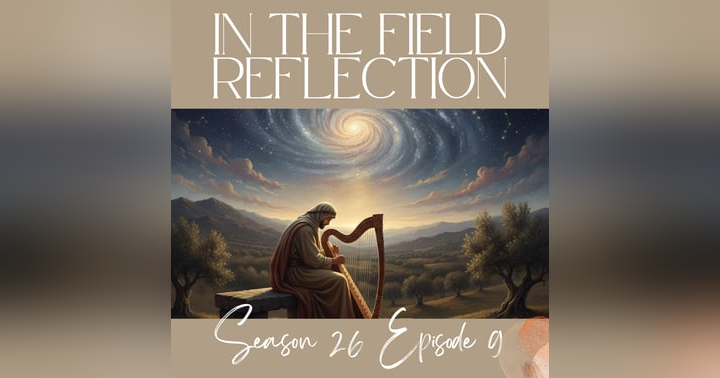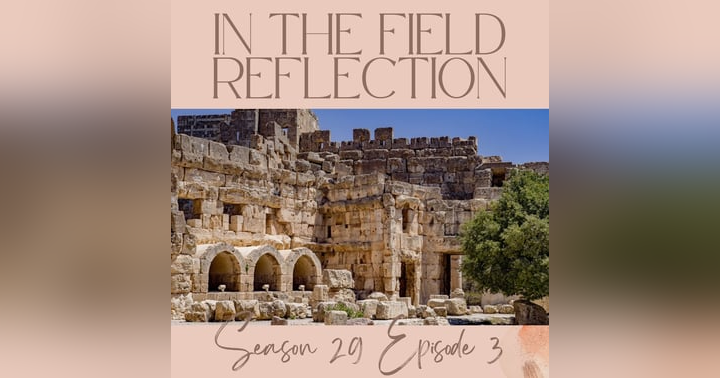Jailhouse Gospel: How Paul Dropped Truth Bombs from a Roman Cell

There's something profoundly moving about the image of the Apostle Paul writing from a Roman prison cell. As we journey through Ephesians 3, we're transported to that cold stone room where chains clink against the floor. Yet paradoxically, the words that flow from this confined space speak of boundless freedom and limitless love—as Paul dropped truth bombs that still echo through time.
What strikes us immediately is the stark contrast between Paul's physical circumstances and his spiritual reality. Here is a man bound by iron shackles, yet he introduces himself not as "a prisoner of Rome" but as "a prisoner for Christ Jesus." This subtle distinction reveals everything about Paul's perspective – he sees his imprisonment not as a punishment or misfortune but as a sacred commission. The very chains that should represent his captivity have become, in his mind, symbols of his devotion to a higher calling. This perspective shift challenges us to reconsider how we view our own limitations and constraints.
The central mystery that Paul unveils in this chapter is revolutionary: the Gentiles, once considered outsiders to God's covenant, are now "fellow heirs, members of the same body, and sharers in the promise in Christ Jesus." In a world divided by ethnicity, culture, and religious heritage, Paul announces a radical inclusion that transcends human boundaries. The walls that once separated Jew and Gentile have crumbled, not to create mere tolerance, but to forge a new family united not by bloodlines but by grace. This mystery, "hidden for ages in God," has now been revealed, and Paul considers it his sacred duty to proclaim this inclusive message despite the personal cost.
Perhaps most touching is Paul's prayer for his readers. Notice that he doesn't pray for his own comfort or release but for their spiritual strengthening. He wants them "rooted and grounded in love" and able to comprehend "the breadth and length and height and depth" of Christ's love. The imagery is architectural – Paul envisions love as a vast structure with dimensions that stretch beyond human comprehension. Yet he prays not just for intellectual understanding but for experiential knowledge, that believers might be "filled with all the fullness of God." These are not the concerns of a bitter man focused on his own suffering, but of a devoted apostle whose chains have only intensified his vision of God's immeasurable grace.
The crescendo of the chapter comes with Paul's doxology, a burst of praise that seems almost incongruous with his setting: "Now to him who is able to accomplish abundantly far more than all we can ask or imagine..." From a prison cell, Paul celebrates a God of abundance. From confinement, he speaks of limitlessness. The juxtaposition is jarring and intentional – a powerful reminder that external circumstances need not determine internal reality. This prison doxology challenges us to examine our own prayers and expectations. Are we limiting God based on what seems reasonable given our circumstances? Paul's example invites us to pray bigger, expect more, and recognize that God's power transcends the visible constraints around us.
As we reflect on Ephesians 3, we're confronted with essential questions: What walls still stand in our hearts? What chains keep us bound? What stories whisper that we are not enough, not welcome, not worthy? Paul's prison epistle calls us to live wide and free even when circumstances feel narrow and confining. It reminds us that we are part of God's eternal plan – that our ordinary, imperfect lives are vessels of his glory. This chapter isn't just ancient wisdom; it's an invitation into a story still unfolding, with each of us written into its pages. The mystery continues to be revealed in every heart that dares to believe it belongs.



